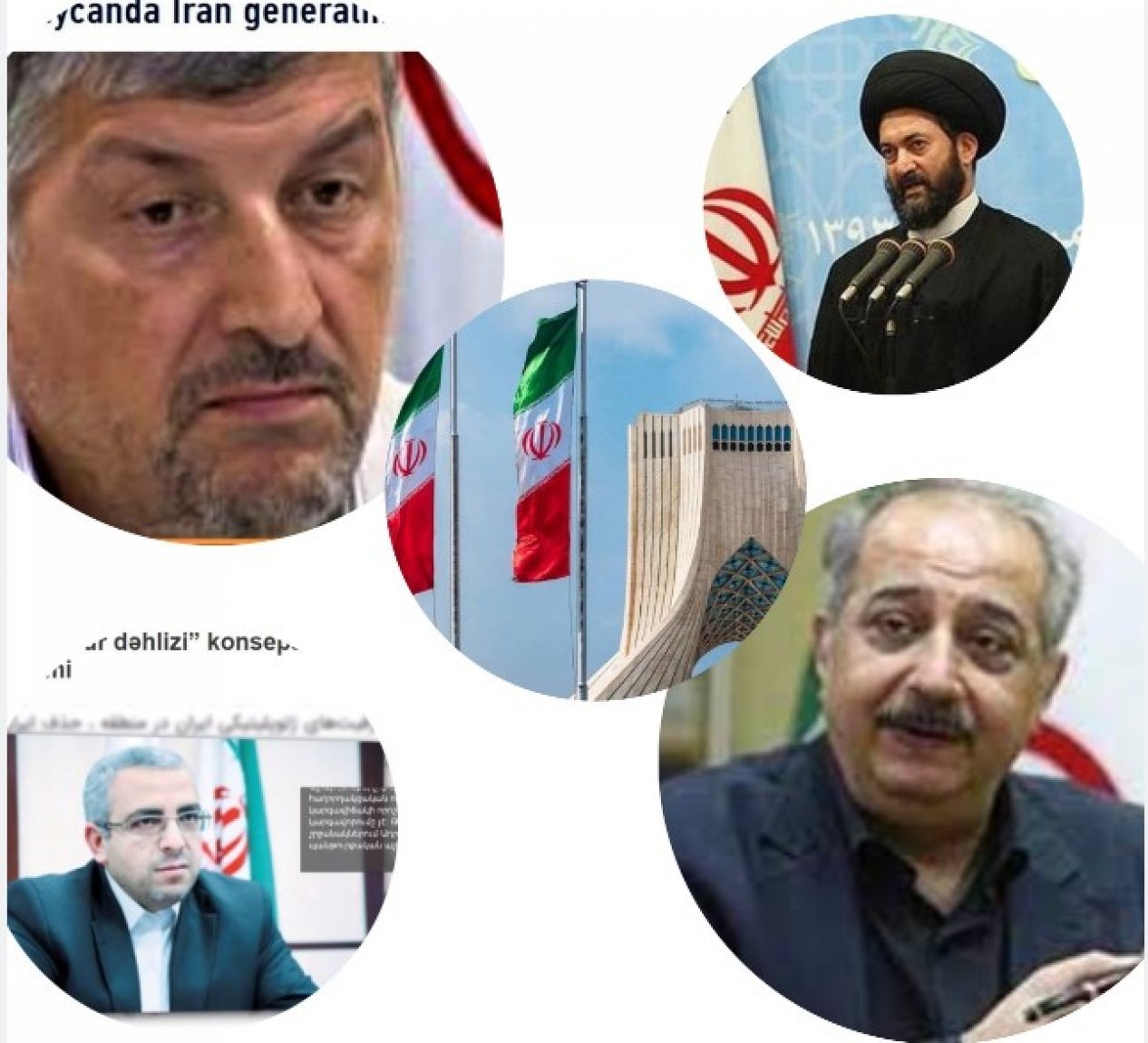
After the collapse of the Soviet Union, the regaining of independence of the member republics resulted in a change in the geopolitical landscape in the South Caucasus region. In this direction, the regaining of independence of the Republic of Azerbaijan was one of the "undesirable" political processes for Iran. This could be seen in the steps taken by Iran after Azerbaijan officially declared independence on October 18, 1991. So, on November 27, 1991, Ali Akbar Velayati, who was the foreign minister of Iran at that time and currently holds an important position as the adviser on international affairs to the supreme leader of this country, Seyyed Ali Khamenei, made an official visit to Moscow in an interview with "Echo of Moscow" radio. He declared that Tehran did not intend to recognize the independence of Azerbaijan.
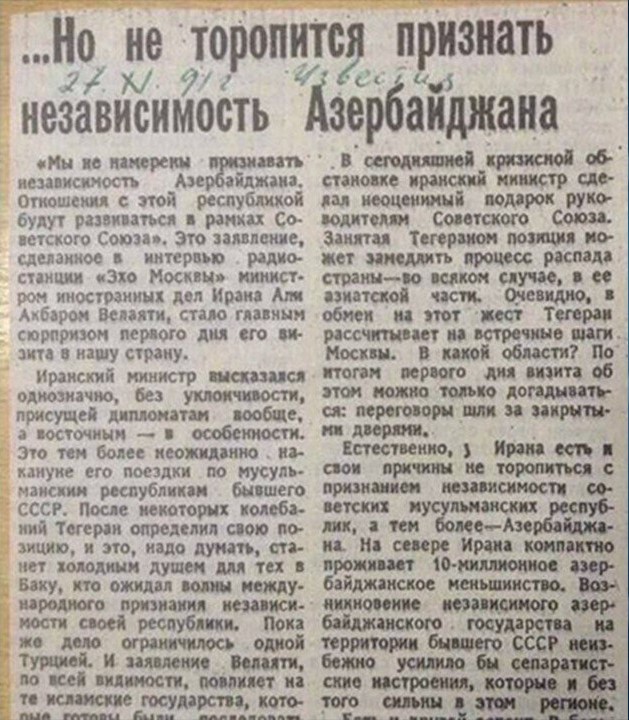
As early as November 27, 1991, "Izvestia" newspaper wrote that "Iranian Foreign Minister Ali Akbar Velayati said in an interview with Echo of Moscow radio yesterday that "we are not going to recognize Azerbaijan's state independence." That is, Iran had no intention of recognizing Azerbaijan's independence from the beginning. However, the subsequent development of events forced Iran to recognize the territorial integrity of Azerbaijan, and the Iranian authorities had to immediately sent Velayati to Baku. Ali Akbar Velayati went down in history as the first official of a foreign country to visit independent Azerbaijan.
It is for this reason that from the first years of independence, that is, from the beginning of the 90s of the last century, Iran started destructive activities against the Republic of Azerbaijan at the state level. In this activity, mainly three directions were noticed:
- Complex activities of Iran's special services, diplomats, clerics, mass media, experts and other such persons against Azerbaijan. Through such officials, Iran has organized activities against Azerbaijan in various directions since the 90s of the last century;
- Spreading the religious ideology of this country in Azerbaijan by Iranian emissaries. Thus, disrupting stability in Azerbaijan, preventing development dynamics and creating an Iranian-style state model in the country and ensuring its unification with Iran have been the main goals of these activities. Unfortunately, the leading force of the activity in this direction were Azerbaijani citizens who were taken to Iran in the name of religious education and attracted by the special services of this country;
- Provide economic, political and military support to Armenia.
We will present to our readers three articles prepared in these directions.
Thus,
Iran's anti-Azerbaijan policy through official bodies and individuals
There were reasons for this destructive activity, which started from the first days of Azerbaijan's independence. Due to the fact that millions of Azerbaijanis live in Iran, Tehran could not come to terms with the existence of an independent and strong state of Azerbaijan from the first days. At the same time, that is, in the 90s of the last century, the supreme leader of Iran, Ayatollah Seyyed Ali Khamenei, in one of his speeches, ordered the state institutions of the country to carry out a special mission related to countries like Azerbaijan. Thus, he gave instructions to the people in these countries not to teach religious rules such as praying and fasting, but to implement "thought programs" calculated to train them as proxy forces of Iran.
It is clear that according to Iran's theocratic state model, Ali Khamenei, who is considered the country's supreme leader, has a "divine duty" and is the main figure shaping Iranian politics. All processes taking place in the country and foreign policy are formed and implemented by him personally. The law, any official person, president, etc. that he does not approve is not considered legitimate. Since the "supreme leader" is described as a "divine duty", he is considered superior to the country's constitution, he is not responsible to any law, constitution or people. It was this assignment that gave the green light to the destructive activities of Iranian emissaries against Azerbaijan from the first years. Thus, during the first Karabakh war, IRGC general Mansur Haqiqatpour, who was sent from Iran as support to Azerbaijan, and the military staff led by him, stole secret military information from Azerbaijan and transferred it to Armenia, thereby seriously supporting the occupation of Karabakh.
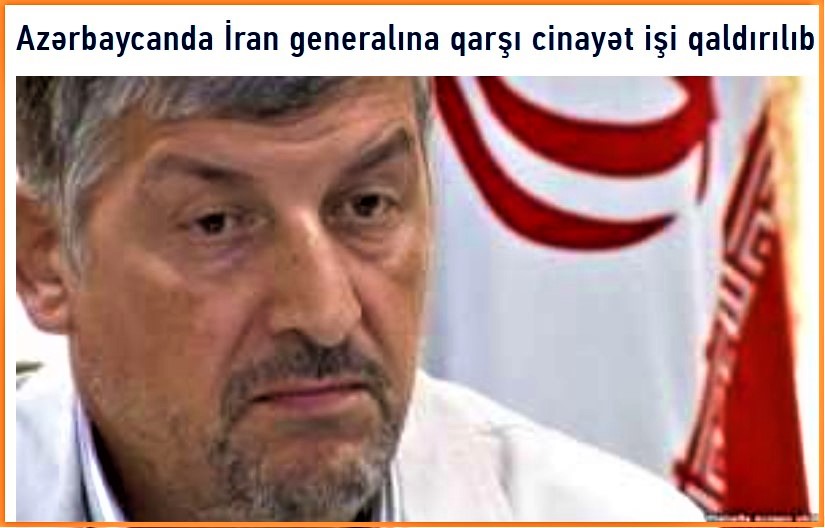
For this reason, in 1994, the Ministry of National Security of the Republic of Azerbaijan opened a criminal case against General Mansur Haqiqatpour. (source) However, the latter managed to escape from the country in various ways. Since his return to Iran, Haqiqatpour who has been working in various positions and continues his anti-Azerbaijani positions and activities.
Asghar Fardi was one of those who came to Azerbaijan in those years, guided by the policy of good neighborliness. Using the fact that he was a student of the genius South Azerbaijani poet Muhammad Huseyn Shahriyar, he tried to gain sympathy in Azerbaijan and pretend to be a person who loved Azerbaijan at first.
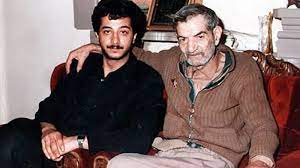
However, with the film "17 Cities of the Caucasus" he shot in those years, he revealed his main ugly face against the Republic of Azerbaijan and was expelled from the country for making territorial claims against our country. Fardi, who was an employee of Iran's Ministry of Intelligence and worked in leadership positions in the Caucasian department of the Ministry of Foreign Affairs, continued his enmity with Azerbaijan even after returning to Iran, and in 1997, as part of the foreign broadcasting department of the State Television and Radio Company of Iran, is still active against Azerbaijan. He founded Sahar Azeri TV, where he broadcasts anti-Azerbaijani programs.
He was the host of the "Kompas" program on that TV channel, during his activity he tried to distort the events in the Republic of Azerbaijan, and he gave an ideological direction to most of the events in Azerbaijan and related to Iran.
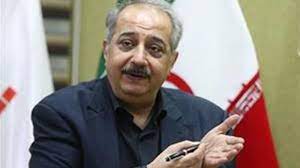
A person who closely witnessed his anti-Azerbaijani activities informed GünAz TV that Rafiq Taghi was killed by his relatives in Azerbaijan. It is also reported that he played a special role in arming "extremists" from Nardaran settlement in Baku.
Since the 90s of the last century, the Iranian government, which cannot accept the existence of Azerbaijan in any way, has created dozens of think tanks and information resources that carry out propaganda against Azerbaijan. Some of them have specialized in Azerbaijan on a large scale. It is known that many of these institutions with hundreds of employees are staffed by Iran's special services and the Ministry of Foreign Affairs. One of the interesting points is that some of the employees of those institutions were expelled from Azerbaijan due to their anti-Azerbaijani behavior despite being officially sent as representatives to Azerbaijan in the past years.
In this direction, it is needed to point to Ahmad Kazemi, who was the representative of the Iranian State Television and Radio Company in Azerbaijan and was expelled from the country at the end of 2011. The same Ahmad Kazemi currently works in the research center of this television and regularly gives articles and interviews in the media in support of anti-Azerbaijan and Armenia. Starting from Masis Mailyan, who was presented as the "foreign minister" of the so-called regime that existed during the occupation of Karabakh in 2017, where those institutions and information resources further expanded the hostile position and disinformation campaign against Azerbaijan, especially after the "April battles" and the Patriotic War, and until 2023, when the terrorist regime received provocative interviews from Ruben Vardanyan, who was presented as the "minister of state", the two countries were observed to have taken steps that would seriously question the prospects of their relations.
In addition, his views on the "Zangazur Corridor" are received with great sympathy in the Armenian media.
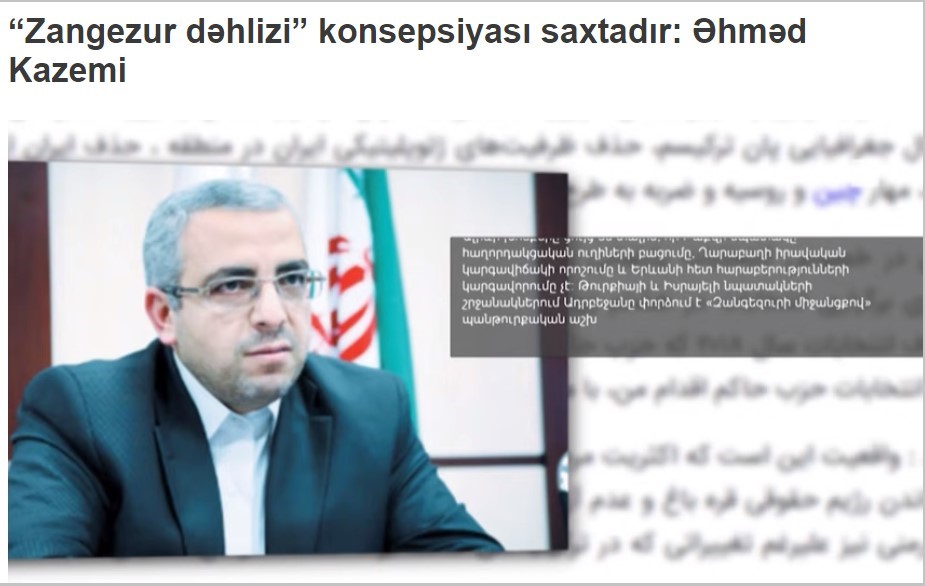
We present some of the media organizations active against Azerbaijan in Iran:
✅ "Aran International Cultural Research Center" established in 2000 in Tabriz. Its director is Mohammadreza Kaffash. The center's "Aran news" website and "Azer Aran" magazine are active.
✅ Tehran's "Abrare-Moaser Center for the Study and Research of International Issues", founded in 2001;
✅ "Institute of Iranian and Eurasian Studies" established in Tehran in 2005. This institution also serves as a platform for Armenians to hold anti-Azerbaijani events and meetings in Iran, as well as to make speeches against Azerbaijan and Turkiye;
✅ "Caucasus Culture Center" was established in Ardabil in 2010. Its leader is Ayatollah Seyyed Hasan Amil from Ardabil. The Center's "Qafqaz.ir" website and "Qafqaz" magazine are active;
✅ Iran State Television and Radio Company Research Center
✅ Tehran's "Abrare-Moaser Center for the Study and Research of International Issues"
✅ "Azeriha", "Anaj" (Anaj. ir), "Dana", "Mashreq", "Tabrize-Bidar", "Badkubeh", "Sharq" newspaper, "Tasnim" and "Fars" news agencies, official "Press TV" news agency, the official "Al-Alam" television, the Iranian Armenian newspaper "Alik" and other such information resources held a special place in the anti-Azerbaijani network.
(To be continued)




















